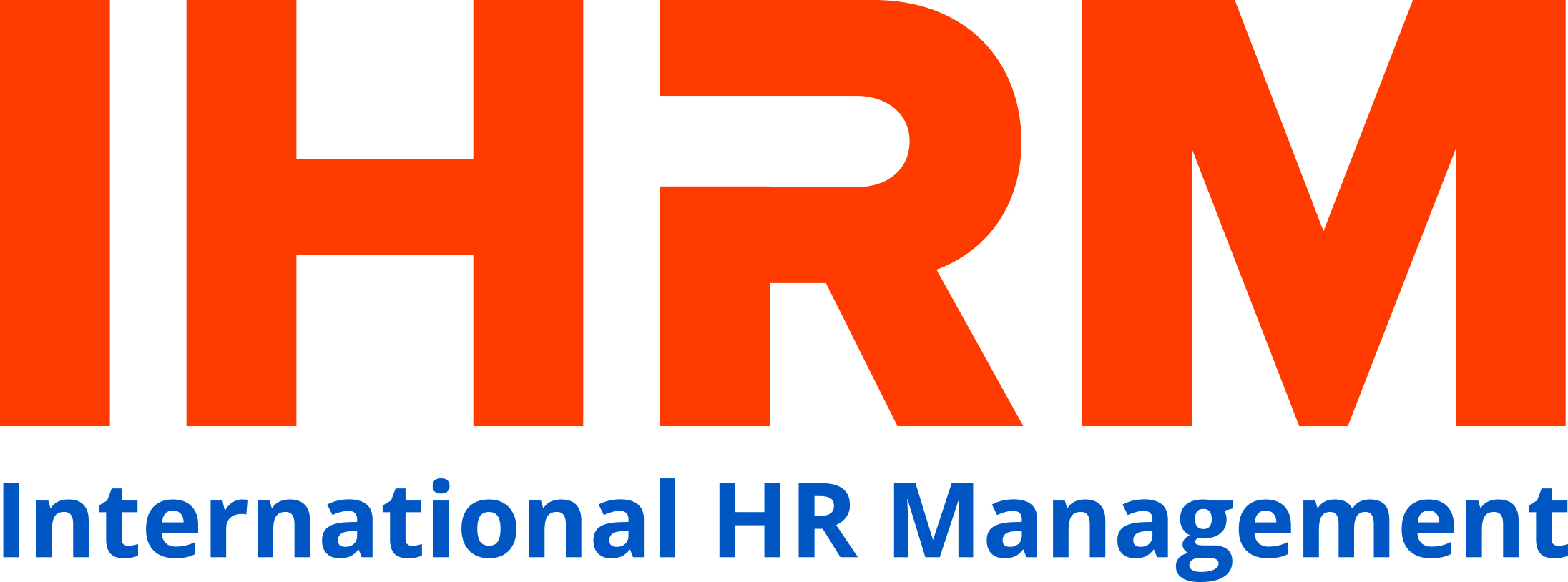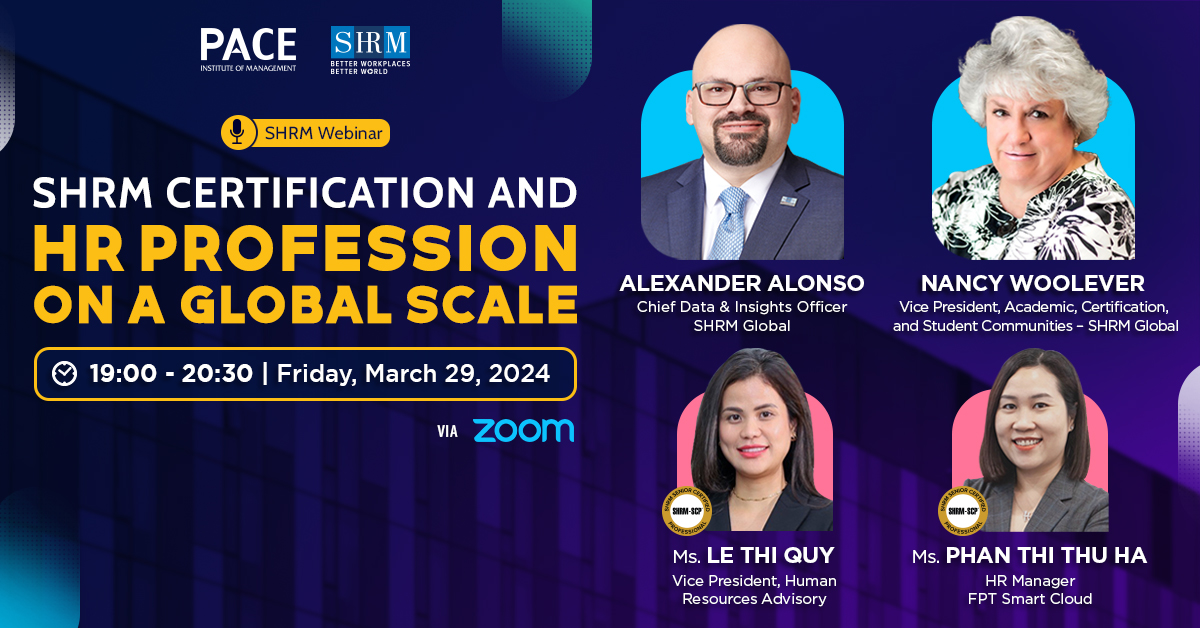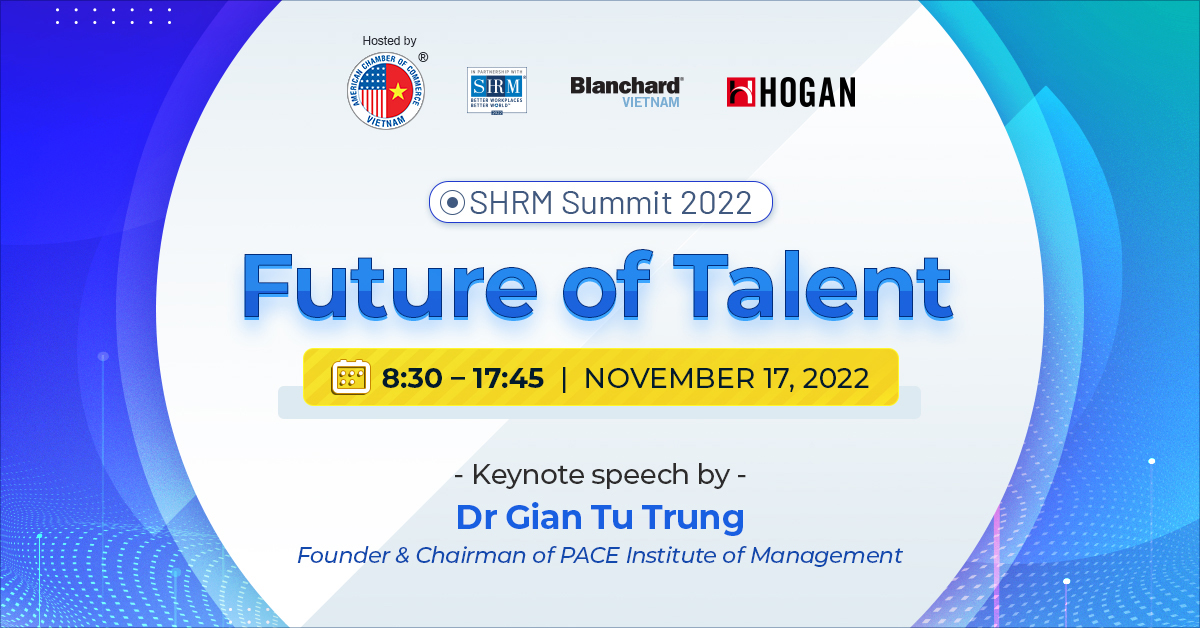3 STEPS TO BETTER COMMUNICATION
Is your communication consistent, clear, timely, simple and purposeful? This is how attendees at the 2019 Society for Human Resource Management (SHRM) Talent Conference & Exposition described "effective communication" to speaker Jennifer Currence, SHRM-SCP, president of consulting firm The Currence Group in Tampa, Fla. Effective, transparent communication is important. "In the absence of truth," she said, "people make stuff up."

Currence, a certified professional coach, SHRM-published book author and thought leader, gave conference attendees tips on how to communicate with high-potential employees and better retain them by ensuring they feel company management is listening to them. She describes the three components of communication as:
1. Being self-aware
Knowing yourself is a component of emotional intelligence and important in effective communication. When you understand your own strengths and weaknesses, you can identify the areas where you need to enhance your communication skills. Also, knowing your core values (e.g., family, authenticity, freedom) can help you understand that the incidents that upset you are likely attacking those values and help you learn to respond more appropriately. To identify your self-awareness blind spots and unconscious bias, ask for feedback from those you trust or look at your friends, family and co-workers, since we tend to gravitate to others who are like ourselves.
Understanding how to respond when people are speaking to you helps leaders develop a "be here now" mentality, said conference attendee Susi Chaplin, HR manager at Newcomb Oil Co. LLC in Bardstown, Ky. Chaplin plans to use this information when she creates a global communication plan for her company.
2. Listening
Actively listen to understand the speaker's message. Some tips to enhance listening skills are:
- Listen to learn rather than to react or respond.
- Practice curiosity over judgment to better understand the sender's message.
- Acknowledge and validate by paraphrasing what was said or by mimicking the sender's posture, position, etc., and showing the person that you hear him or her and understand his or her feelings.
When employees feel they have been heard, the conversation can move forward rather than resulting in the employee being frustrated, dissatisfied and disengaged.
3. Talking
"Ask, don't tell," Currence said. Ask the person three questions before you offer a suggestion. Open-ended questions that begin with "what" and "how" lead to more-thorough answers than questions that can be answered with "yes" or "no." One effective approach is to use the acronym TED for behavioral questioning:
- Tell me more.
- Explain what you mean.
- Define that term or concept for me.
Asking three questions before offering a suggestion when communicating with employees "will help me to know that I am clear on what they need," Chaplin said.

Difficult Conversations
Currence also provided tips on having the hard conversations that many professionals would rather avoid. First, she recommends having these conversations in person, because intentional communication is 55 percent nonverbal, 38 percent tone and 7 percent the words we use, according to research by Albert Mehrabian, professor emeritus of psychology at the University of California, Los Angeles. The full value of communication power is lost when interacting via phone or e-mail. She suggested four concepts to manage difficult conversations:
Currence also provided tips on having the hard conversations that many professionals would rather avoid. First, she recommends having these conversations in person, because intentional communication is 55 percent nonverbal, 38 percent tone and 7 percent the words we use, according to research by Albert Mehrabian, professor emeritus of psychology at the University of California, Los Angeles. The full value of communication power is lost when interacting via phone or e-mail. She suggested four concepts to manage difficult conversations:
- Have a curious mindset. Be curious about how to help the other person.
- Stick with observable facts. Use data and metrics that are objective rather than subjective.
- Make the business connection. Tying the message to business needs makes it less personal and focuses on how the company is affected.
- Focus on dual commitment. Get buy-in from other people. Don't just tell them what to do; get their commitment to follow through.
Asking questions after each step, such as "do you have anything to add?" or "what questions do you have?" keeps the individual focused on the conversation and ensures his or her understanding.
The advice and techniques Currence provided to attendees will help them first improve their own communication skills and then assist others in their organizations become more effective communicators. "Communication is so critical, and you need to constantly think about how to improve it," said conference attendee Bo Worley, HR specialist at Hood Industries in Hattiesburg, Miss.
The advice and techniques Currence provided to attendees will help them first improve their own communication skills and then assist others in their organizations become more effective communicators. "Communication is so critical, and you need to constantly think about how to improve it," said conference attendee Bo Worley, HR specialist at Hood Industries in Hattiesburg, Miss.
SOURCE: SHRM.ORG
|
Training Program
 Internationalize the human resource management capabilities of HR professionals in Vietnam Opening Date: Jun 21, 2019 in HCMC
Opening Date: September 26, 2019 in Hanoi
|










